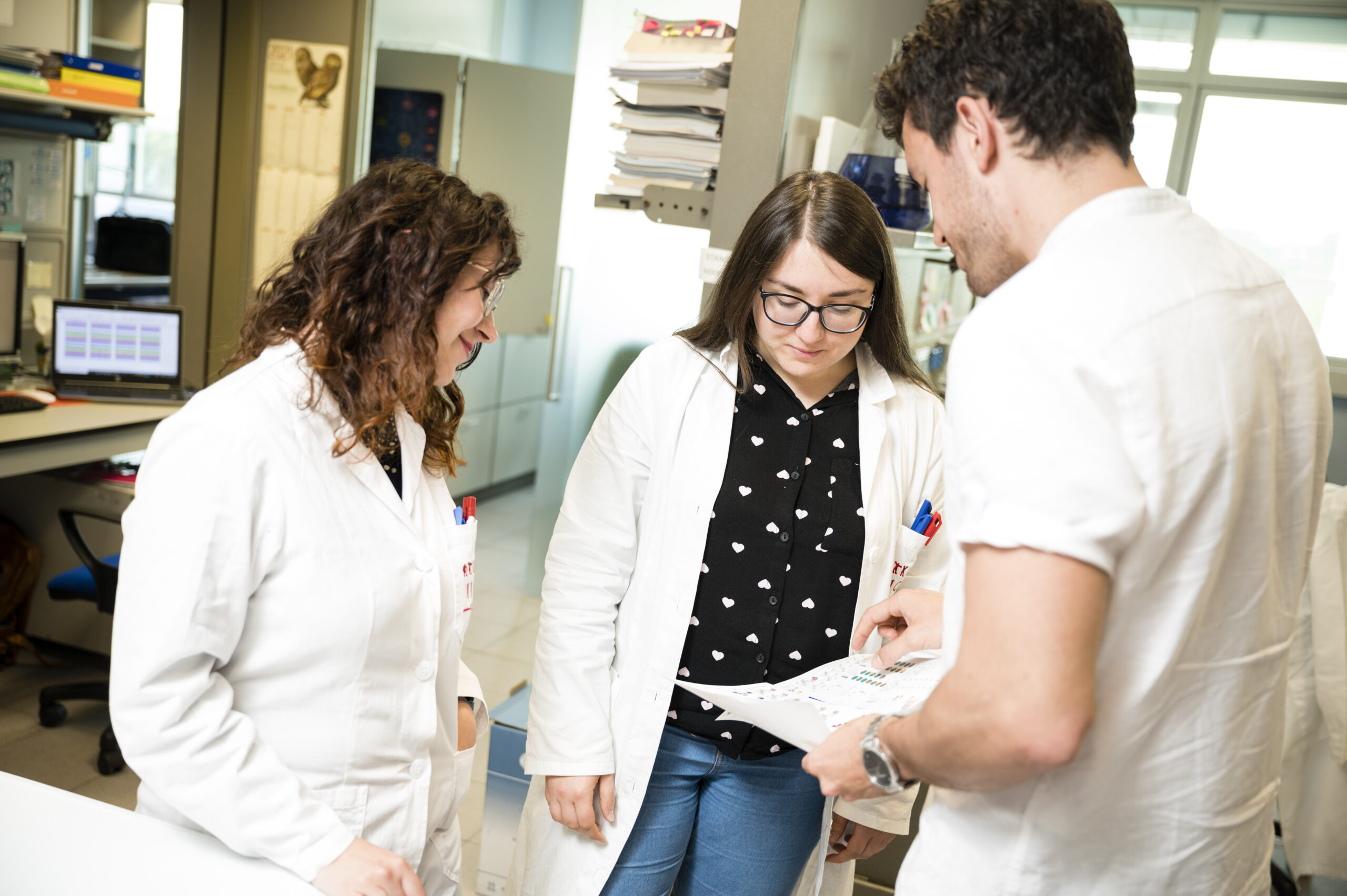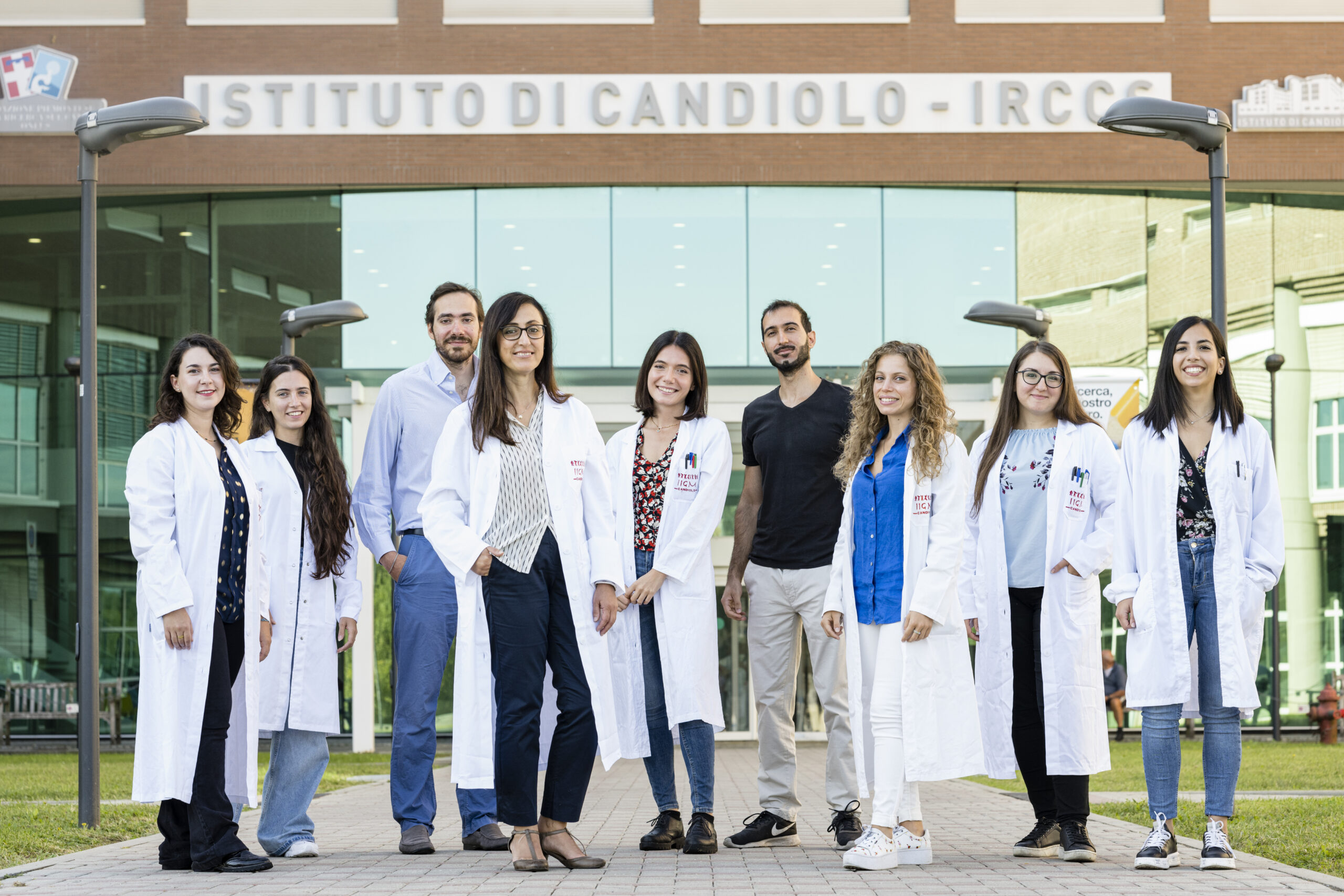Program
The studies of the Immune regulation unit are aimed at understanding the fundamental mechanisms underlying the development of the immune response.
The unit is focused on the study of fundamental aspects of the immune response, which underlie the differentiation of memory T lymphocytes and the role of these cells in long-term protection.
The Immune Regulation Research Unit was established in early 2018. The lab’s investigations are aimed at understanding the fundamental mechanisms underlying the development of the immune response, especially long-term immunological memory processes against cancer, infection or vaccine-induced.
The research program is developed along 2 main directions:
- to define how T lymphocytes integrate complex environmental cues and transform these signals into specific epigenetic and differentiation programs
- to determine the ontogeny and function of T lymphocyte subpopulations involved in anti-tumor and anti-infection responses.
These studies will provide new insights into both the functional identity of T lymphocytes and epigenetic memory mechanisms, thus opening new perspectives in lymphocyte manipulation, the promising field of immunotherapy, and the development of new vaccines/ The laboratory’s strategy is based on a multidisciplinary approach at the crossroads of immunology, epigenetics, cancer biology, and bioinformatics. To this end, the research group uses a wide variety of methodologies, including immunological models relevant in the study of cancer, genetic and genomic techniques, analysis of epigenetic markers and chromatin structure, new algorithms for bioinformatics and modeling analysis. (PI: L. Pace).

